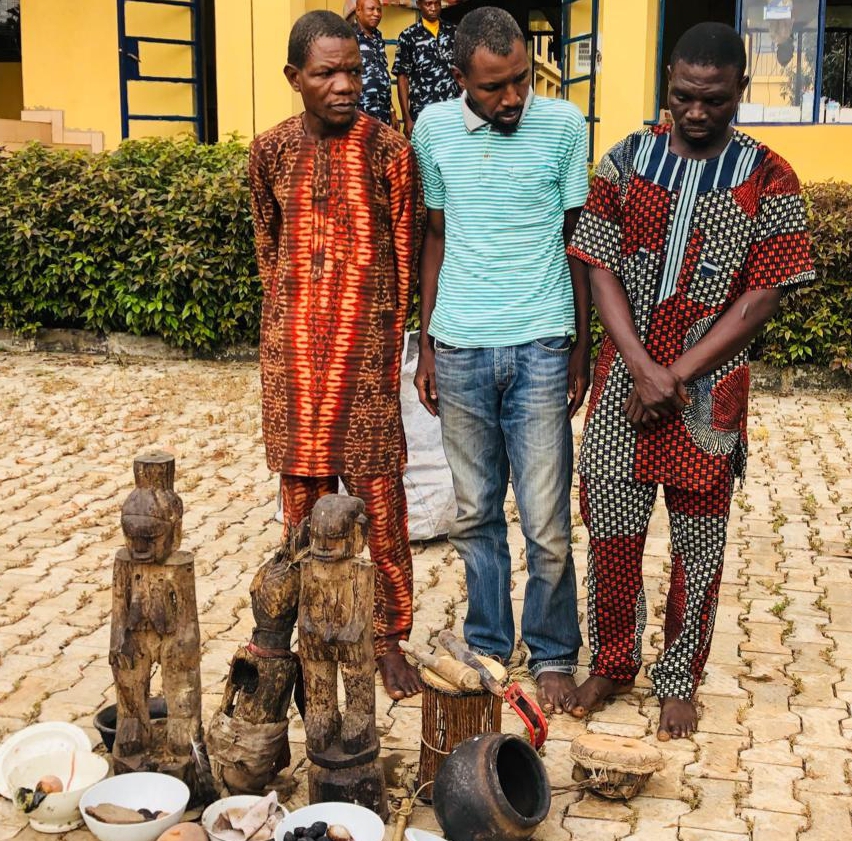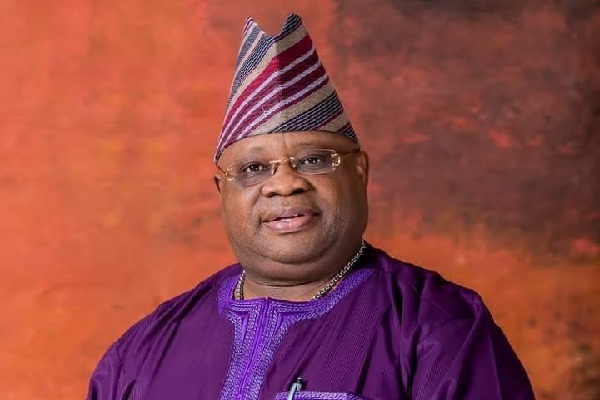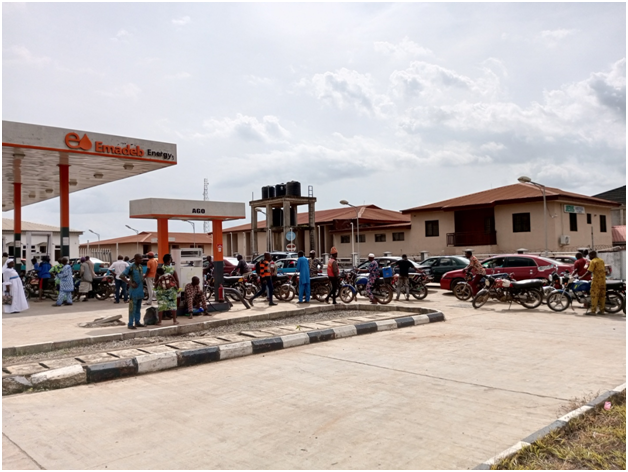The Coup In Niger
BACK in 1974, Seyni Kountche, a Nigerien military adventurer, led a coup d’etat that deposed the government of Niger’s first president, Hamani Diori.On January 1996, Col. Ibrahim Bare Mainassara led a coup d’état that deposed the government of President Mahamane Ousmane. On February 18, 2010, military officers attacked the presidential palace in Niamey, the nation’s capital and captured President Mamadou Tandja in a coup d’état that brought Salou Djibo to the corridor of power.
THESE unfortunate coup d’etats come to mind, as well as the Daouda Wanke coup on April 9, 1999, because once again, a coup d’etat took place in Niger Republic, with 62-year-old General Abdourahamane Tchiani overthrowing an elected president, Mohamed Bazoum.In scenes reminiscent of Niger’s tortuous past, Tchiani surrounded the residence of the elected president, then proclaimed himself the new ruler, the seventh time such an occurrence took place in West and Central Africa in three years.
IN further scenes reminiscent of confusion, Colonel Amadou Abramane, one of the leaders of the coup, announced the dissolution of every democratic institution, including the constitution, thereby nullifying the voice of the 2,490,049 Nigeriens who voted for Bazoum in the 2021 general elections.To worsen the scenes of confusion in the country, Tchiani rejected all suggestions of compromise, spurned meetings with the U.S. Deputy Secretary General of State, Victoria Nuland, and refused to meet a delegation from the Economic Community of West African States (ECOWAS).
BASED on these scenes that bring reminiscences of chaos and confusion, and other reasons, we condemn the coup d’état in Niger Republic. Transparency International once accused General Sani Abacha, Nigeria’s erstwhile head of state, of looting up to five billion dollars from the nation’s treasury.During a 31-year rule, General Mobutu Sese Seko, the former head of state in Zaire, was accused of stealing five billion dollars from the treasury of the country.Gambian authorities accused Jahya Jammeh, the country’s former military strongman, of taking away more than $11 million from the state coffer.
IN other words, military interventions should not be encouraged in Africa, because as Abacha, Jammeh, Mobutu and countless others showed, it leads to a massive looting of a nation’s resources.Following the latest coup in Niger, the United States wants to discontinue aid programmes valued at over $100 million, while Canada suspended direct assistance to a country sourcing over 40 percent of its budget from external aid.The European Union wants to put a stop to its aid to the unfortunate country, and Niger could suffer from this, as the EU is a major donor, contributing $554 million from its budget to improve governance, education, and sustainable growth in Niger from 2021-2024.
NETHERLANDS seems unimpressed with the coup, as it wants to discontinue direct cooperation with the country, which ranks number 188 among nations in terms of a per capital income at $1,443.
PEOPLE have the right to choose their leaders, but if Nigerien leaders choose to go ahead with the coup, it could mean the country losing the support of the United States, Canada, and European Union in relations to aids, and this could harm a country with a population of 25 million people.
IN the aftermath of the coup, a delegation of its leaders arrived at the 30,000-seat Seyni Kountche Stadium in Niamey, and denounced opponents to its emergence. During the programme, one of the leaders of the coup, General Mohamed Toumba, criticized people who plotted against Niger Republic, which has 80 percent of its territory in the Sahara Desert.The conspirators lamented the insecurity situation in the country, then condemned Bazoum’s handling of conflicts, whereas conflict incidence decreased by nearly 40 percent compared to the previous six-month period.
THE Hope rejects the military adventurers’ justification of insecurity as a reason for their conspiracy, as well as frowns at their comments at the Niamey Stadium.Consequently, we call on the Nigerian government to support ECOWAS towards a diplomatic resolution of the crisis in Niger, as its escalation could affect Nigeria, through the displacement of Boko Haram elements in Niger into this country.However, the Nigerian government should exercise caution while doing this, as the military strongmen in Niger could in future get foreign backers, escalating the crisis.
STILL, caution should not imply tolerance of the coup, as the diplomatic initiatives should be aimed at bringing the Tchiani government to its knees.African democratic leaders should learn from the Niger debacle, and they should prioritize the welfare of the people who put them in power and eschew corruption, or face removal from power by conspirators and military adventurers.










